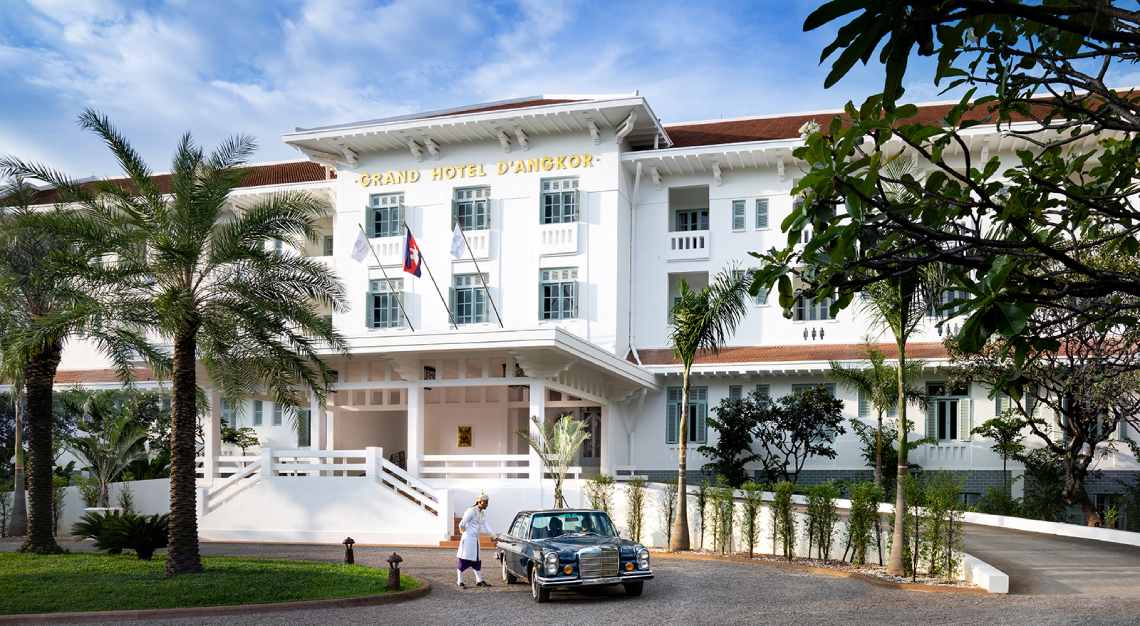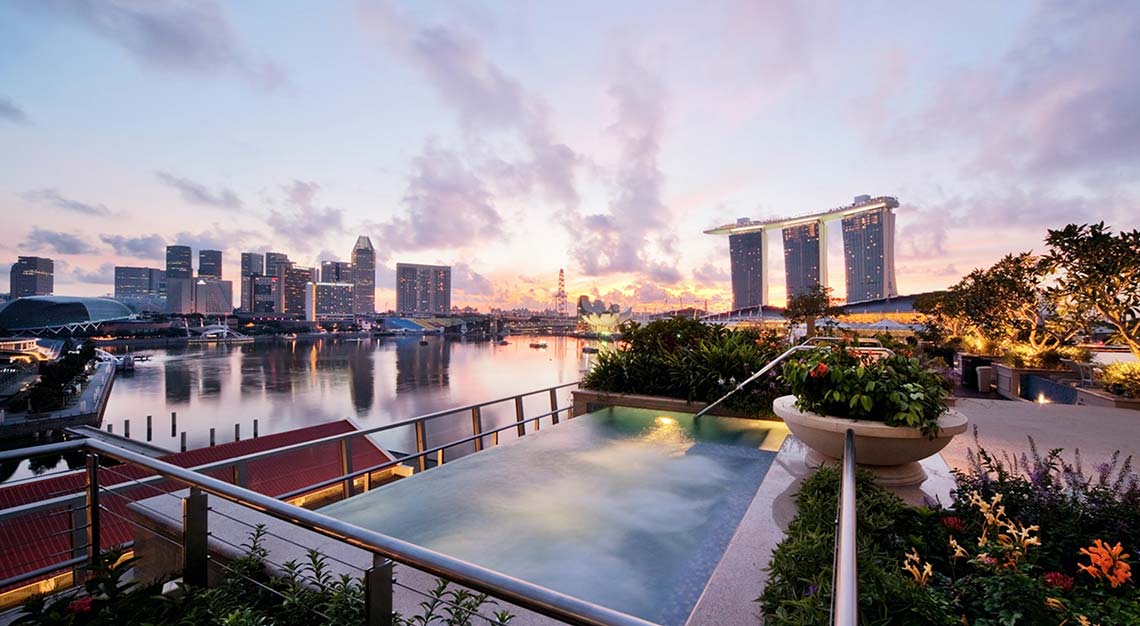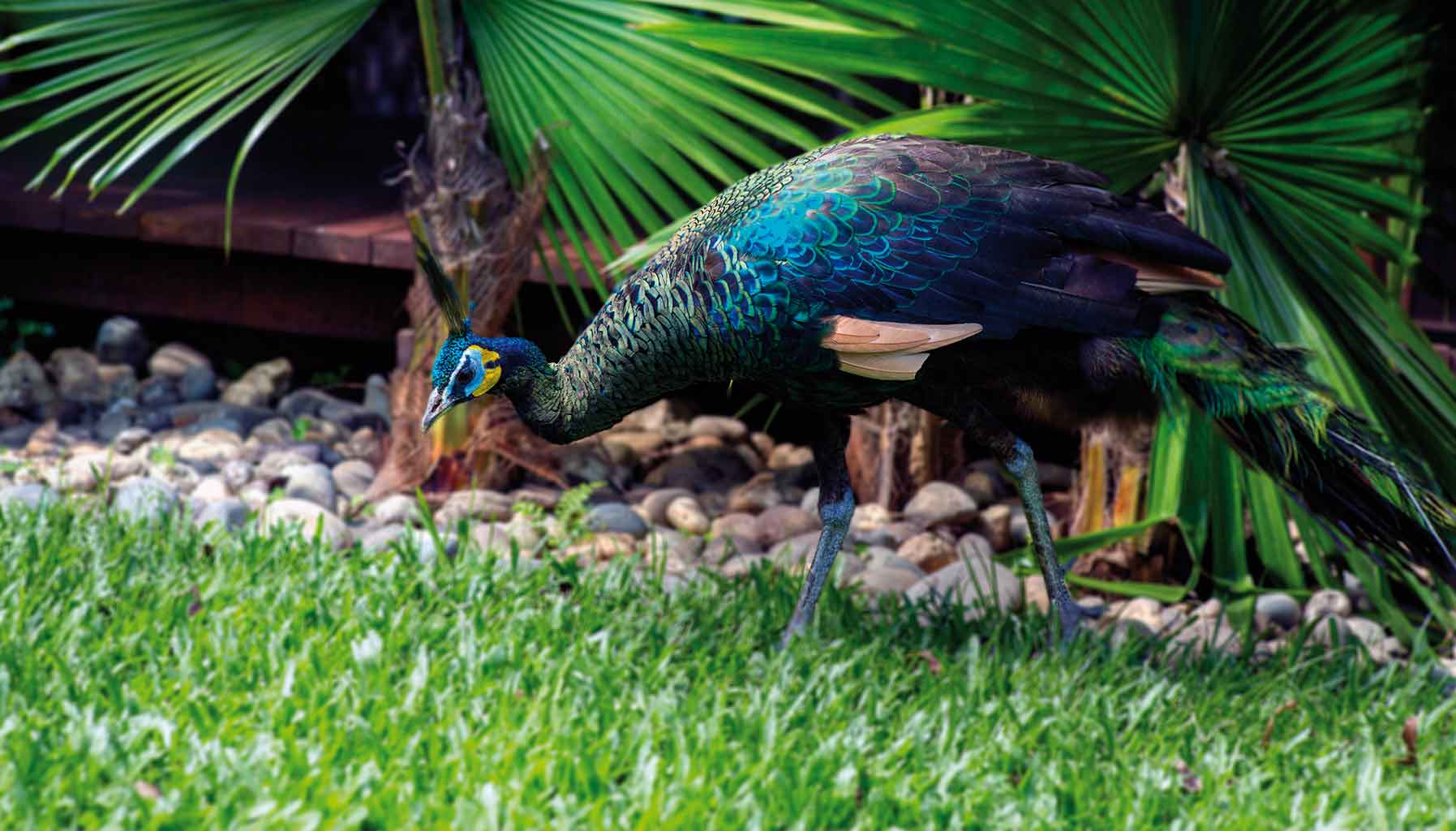The tragedy threatened to derail one of the tourism industry’s fastest growing sectors. Instead, experts say demand has never been higher
Staring into the bottomless icy crevasse on Mount Everest, Michael Brown firmly grasped the safety ropes as he stepped onto the metal ladder. His crampons clinked on the rungs as he made his way across. Acutely aware of the danger he had put himself in, he continued, lured onward by something intangible.
“Climbing Mount Everest, or any mountain, is about sharing a challenge with people you love,” Brown, a documentary film maker who has climbed Mount Everest five times, told Robb Report. ”We hear about the bad things, but in my experience, hardship brings out the best parts of us.”
Scaling the highest peaks, diving to the depths of the ocean, taking a flight to space—these trips are not for the faint of heart. Nevertheless, so-called “extreme tourism” is booming.
“During the pandemic, people were sitting at home, examining their lives, which created a pent-up demand for making travel a priority,” says Adventure Travel Trade Association (ATTA) President Shannon Stowell. “Now, adventure travel is exploding. The concept of small group travel in remote locations is way more appealing, compared to visiting over-touristed locations.”
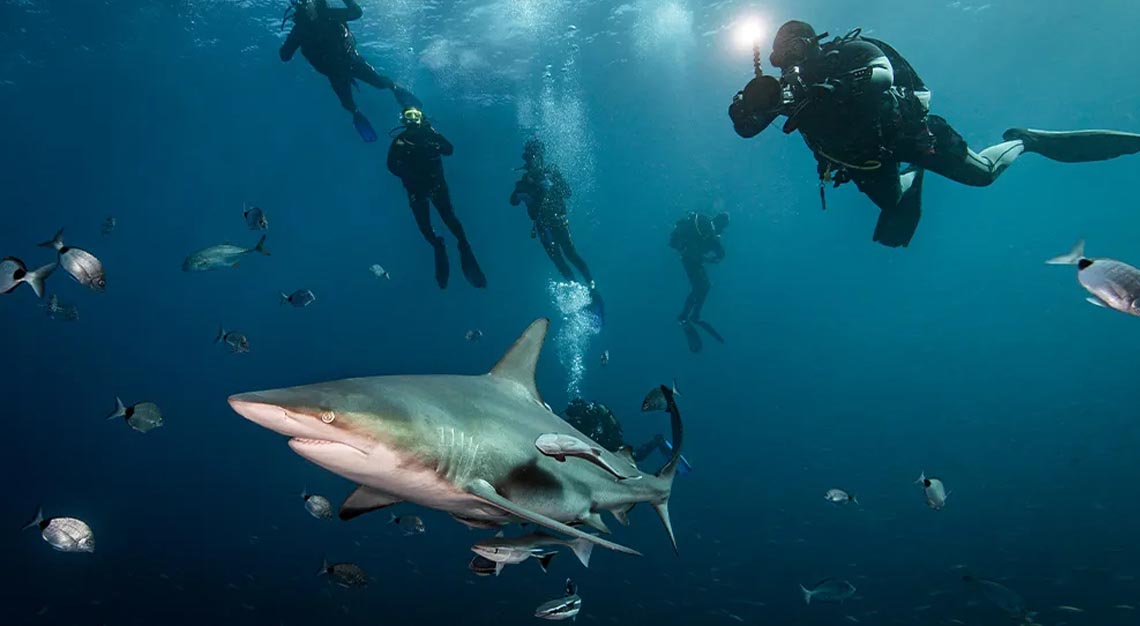
Then the industry received a reality check. On 18 June 2023, the world sat glued to their television screens with the announcement that OceanGate’s Titan, a submersible on a journey to the deep ocean to witness the Titanic wreckage up close, had gone missing, with five crew members on board. By 22 June 2023, an announcement was made the Titan had imploded and there were no survivors.
“It hit the core for so many people, in terms of fascination and anxiety about the risks that people are willing to take to experience something so extreme, “says Matt Berna, Intrepid Travel president for the Americas. “We were hoping for the best result, which didn’t come. Innately, that’s going to ripple through our industry. It has shed light on the fact that there’s a lot that goes into running a qualified, highly safe, inspected and reputable trip.”
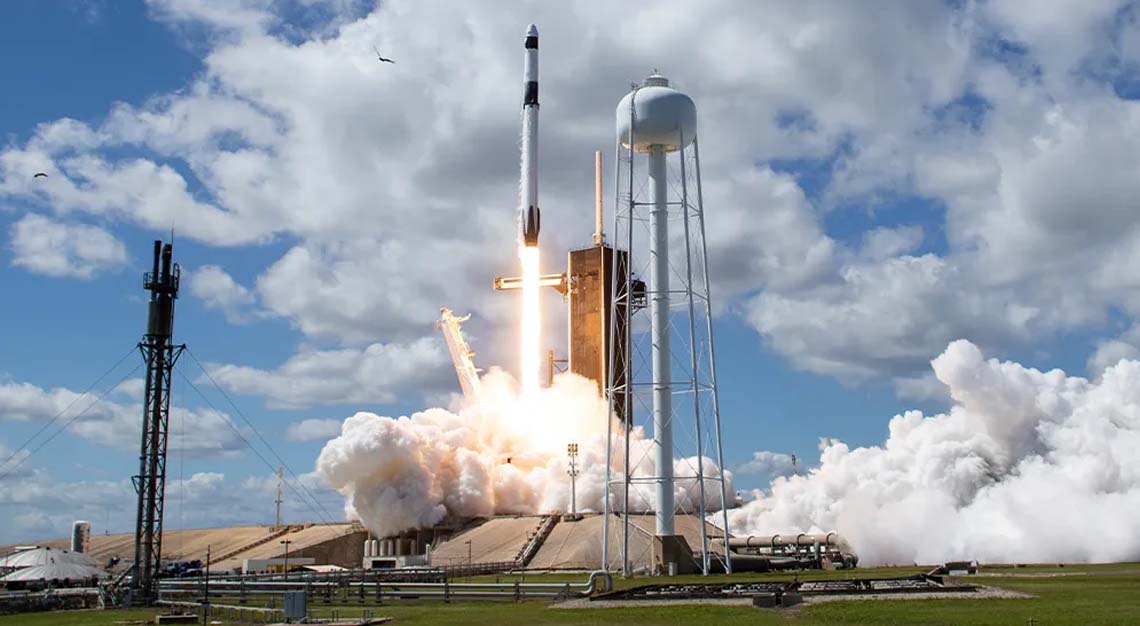
With perceived danger turned into real tragedy, do travellers still want an adrenaline rush on vacation? Will they start asking more questions? Or will they decide not to go? Will activities such as open-sea shark diving, offered at places like VOMO Island Resort in Fiji, see a downturn in bookings?
Remarkably, mere months on, experts says that the OceanGate disaster hasn’t put off travellers who were already eager to push their limits—especially wealthy travellers who have the means and time to accumulate unique experiences that come with bragging rights.
In 2021, the global adventure tourism market was valued at US$282.1 billion, according to a report by Grand View Research. It’s now projected to expand at a compound annual growth rate of 15.2 percent from 2022 to 2030, with the hard adventure segment representing a significant revenue share of more than 20 percent. This is credited to a gradual increase in the number of travellers that are willing to take high-risk activities and are open to adventures.
“A little bit of risk is good because it makes you feel like you’re accomplishing something,” says Massimo Prioreschi, president and CEO of Mt Sobek, an adventure tour operator offering trips such as polar region adventure cruises. He says he’s personally seen an uptick in year-over-year bookings. “But the more extreme the activity, the higher the chance of death. It’s good to know what you’re getting into—and the tour company should qualify you, as well.”
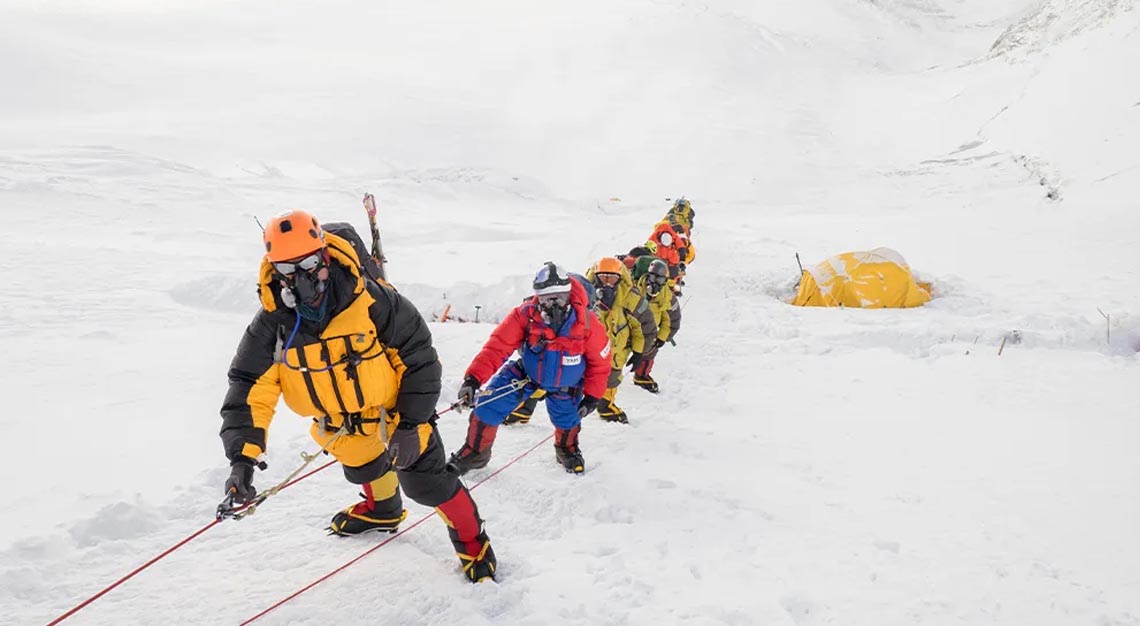
Tim Tuiqali, guest experiences manager at VOMO, adds that “no line has been drawn between adventure sports and the Titan implosion.”
“It hasn’t affected our business,” he says. “We are actually seeing a steady increase in interest. At a luxury level, we understand that safety is paramount. Our guests put a lot of trust in us. We’ve been offering the shark dives for more than 15 years and haven’t had any incidents.”
Lifelong explorer Milbry Polk, co-author of “Women of Discovery,” emphasises that travellers need to choose companies that have very good track records.
“When you step outside your comfort zone, you do need to be cautious, but cautiously optimistic,” says Milbry. “It is always important to check out those companies, including airlines, where you are trusting your life.”
Others even argue that would be adventurers should not be put off by the Titan catastrophe. While OceanGate did blur the lines between scientific expedition and tourist attraction for the uber-wealthy, the research being generated was genuine and in the true spirit of exploration. Their goal was to research the ecosystem of the deep North Atlantic Ocean, and to gain a better understanding of how and why some communities of organisms develop in geographic isolation, while others range broadly across the ocean floor.
In the Wall Street Journal, Explorer’s Club President Richard Garriott de Cayeux wrote, “Harding and Nargeolet (Titan crew members) were individuals who relentlessly pushed boundaries for the betterment of science. Critics may label their expedition as ‘extreme tourism,’ and perhaps it was, but it was their spirit of exploration that propelled them to seek, experience and learn…we will not stop exploring.”
This story was first published on Robb Report USA

